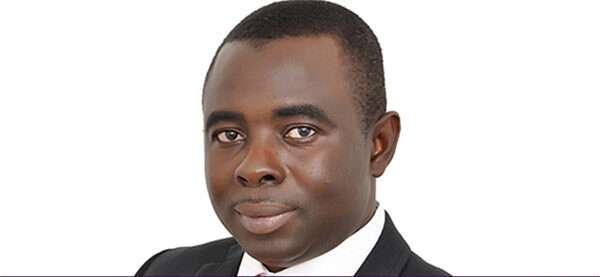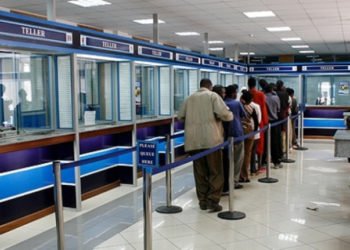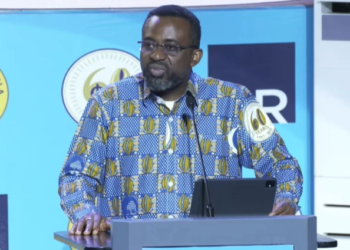Joshua Y. Abor, a Professor of Finance at the Department of Finance in the University of Ghana Business School, speaking at a workshop organized by the African Center for Economic Transformation (ACET), has suggested that the National Investment Bank (NIB) and the Agricultural Development Bank (ADB) must re-orient their focus and mandate to serve the development needs of the country.
To this end, Prof Abor, suggested that NIB and ADB must be made to operate under the new Development Finance Act, which was passed this year, 2021 to regulate National Development Banks (NDBs).
“The current discussion about retooling of NIB and ADB to come under the new Development Finance Act, 2020 probably, might be the way to go, and to get these banks to re-orient their focus and mandate to do real development banking.”
Joshua Y. Abor
Prof. Abor noted that the two banks could be placed under the retail development banking arrangement of the new Act, saying “we believe this will help them achieve their objectives of real development banks.”
According to the Finance Professor, though, established as NDBs, the two banks are operating as universal banks. He added that, NDBs are set up to achieve socio-economic objectives and are not profit driven.
“If we want to look at these institutions as development banks, then we need to look beyond profit making. So, performance will not be looked at in terms of profitability, but also, in terms of the developmental impact.”
Joshua Y. Abor
Prof. Abor suggested that if the two banks operated as NDBs, government can hold 30 per cent stake in each bank and encourage investors who are not profit oriented to also invest in the banks.
Prof. Abor noted that one of the reasons NDBs are established is due to the difficulty of Small and Medium-Scale Enterprises to secure funding for critical developmental projects.
“Commercial banks are said to be pro-cyclical and when the economy is doing well, then you see them in the market providing credit, because they know borrowers will be in the position to re-pay, but during crisis they hold back and put their money in government treasury bills and bonds and risk-free assets”.
Joshua Y. Abor
Prof. Abor stressed that NDBs become active during crisis and pump liquidity into the market to get economy back on track for it not to collapse.
Meanwhile, the Senior Director of Research and Policy Engagments at African Center for Economic Transformation (ACET), Dr Edward K. A Brown, also observed that the survival of the banks are critical to the development of the country, and must therefore be supported to thrive.
In addition, the Country Director of Agence Française de Développement (AFD), Christophe Cottet, noted that NDBs have been the catalyst for the development of Europe, America and Asia. He, thus, entreated Ghana to use NDBs for development.
Organised by the African Center for Economic Transformation (ACET), the workshop is to validate a new study on the NIB and ADB titled, Challenges and Changes: The Political Economy of NDBs – NIB and ADB in Perspective.
Funded by AFD, it formed part of a four- country study being conducted by ACET on NDBs in Ghana, Rwanda, Cote D I’voire and Tunisia to assess their viability and how these institutions can serve the development needs of their respective countries.
READ ALSO: Ghana.gov is Serving its Purpose – FNB Boss























